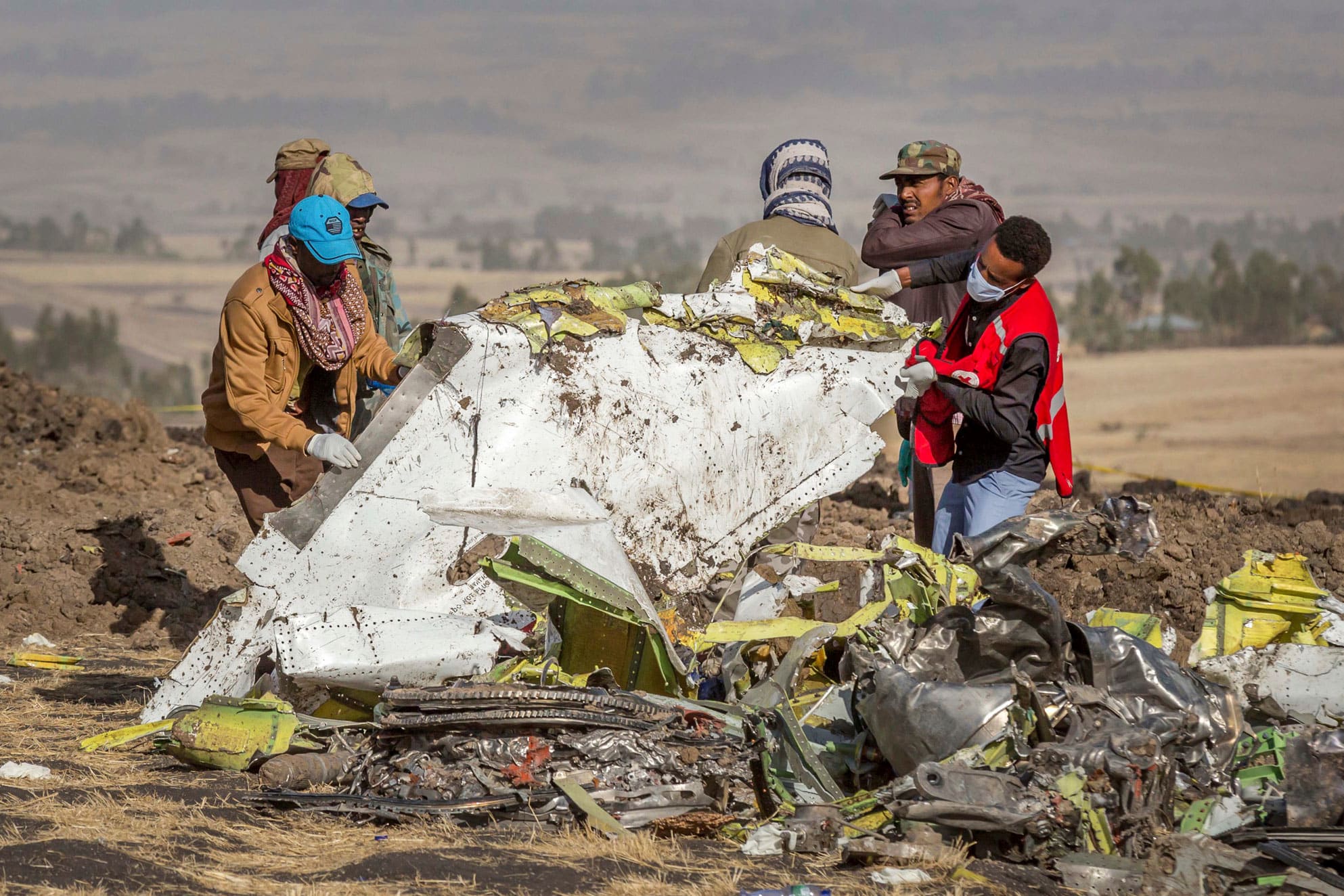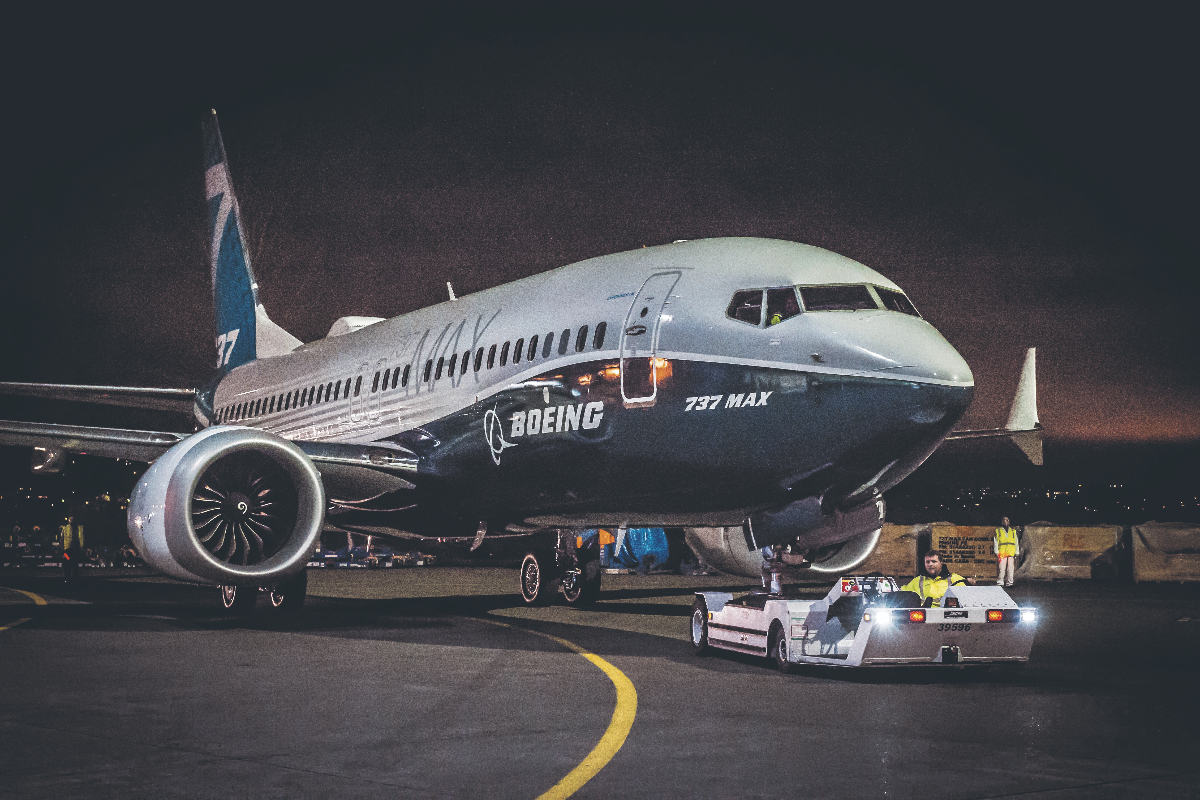The tragic crashes of the Boeing 737 MAX in 2018 and 2019 left an indelible mark on aviation history. These incidents not only claimed 346 lives but also shook the confidence of the global flying public and led to significant repercussions for Boeing. This article provides a comprehensive overview of the latest update, details on what happened, the video viral impact of the crashes, and insights into the leak video controversies surrounding the Boeing 737 MAX crashes.
The Crashes: What Happened?

The Lion Air Flight JT610 Tragedy
In October 2018, a Boeing 737 MAX 8 operated by Lion Air crashed into the Java Sea shortly after taking off from Jakarta, Indonesia. All 189 people on board were killed. This incident marked the first fatal crash involving the Boeing 737 MAX series.
Investigating the Causes
Initial investigations revealed that a critical software feature, the Maneuvering Characteristics Augmentation System (MCAS), played a significant role in the crash. The MCAS was designed to prevent the aircraft from stalling but instead caused the plane to nosedive due to faulty sensor data.
The Ethiopian Airlines Flight ET302 Disaster
Just five months after the Lion Air crash, another Boeing 737 MAX 8 operated by Ethiopian Airlines crashed shortly after takeoff from Addis Ababa, Ethiopia, killing all 157 passengers and crew on board.
Similarities in the Crashes
Investigations into the Ethiopian Airlines crash uncovered similarities with the Lion Air incident, particularly the role of the MCAS system. The recurrence of this issue raised serious concerns about the safety of the Boeing 737 MAX series.
The Aftermath: Grounding the Boeing 737 MAX

Worldwide Grounding
In response to these crashes, aviation authorities around the world, led by the Federal Aviation Administration (FAA), grounded the Boeing 737 MAX in March 2019. This grounding lasted nearly two years, severely impacting airlines that had integrated the MAX into their fleets.
Impact on Boeing
The grounding had profound financial and reputational impacts on Boeing. The company faced lawsuits, a decline in stock value, and a loss of customer trust. Boeing’s internal processes and safety culture came under intense scrutiny.
Latest Update: Boeing’s Legal Troubles and Guilty Plea

Admitting Fault
In July 2024, Boeing agreed to plead guilty to a criminal fraud conspiracy charge and pay a $243.6 million fine to resolve a U.S. Justice Department investigation into the two fatal crashes. The company admitted to providing false information to the FAA regarding the MCAS software feature.
Financial Commitments
As part of the plea agreement, Boeing committed to investing at least $455 million over the next three years to enhance its safety and compliance programs. This investment will be overseen by a third-party monitor appointed by the Department of Justice (DOJ).
Reactions to the Plea Deal
While the plea deal allows Boeing to avoid a potentially contentious trial, it has faced criticism from some families of the victims, who feel that the agreement allows Boeing to evade full accountability. They argue that the financial penalties are insufficient compared to the loss of lives.
Video Viral: The Role of Media in the Aftermath
Media Coverage
The crashes of the Boeing 737 MAX were heavily covered by media outlets worldwide. Video footage and news reports went viral, bringing the tragedies to the forefront of public consciousness. This widespread coverage intensified the pressure on Boeing and aviation authorities to address the issues promptly.
Social Media Reactions
Social media platforms were flooded with reactions from the public, aviation experts, and family members of the victims. Hashtags related to the crashes trended globally, amplifying the call for justice and accountability.
Leak Video: Controversies and Investigations
Internal Documents and Whistleblower Revelations
In the wake of the crashes, several internal documents and emails were leaked, revealing troubling details about Boeing’s internal practices. Whistleblowers came forward, alleging that Boeing prioritized profits over safety, contributing to the tragedies.
FAA and Boeing’s Relationship
The leaks also highlighted concerns about the FAA’s certification process for the Boeing 737 MAX. Critics argued that the close relationship between Boeing and the FAA may have compromised the thoroughness of safety evaluations.
Boeing 737 MAX Crashes: Lessons Learned
Strengthening Safety Protocols
One of the critical lessons from the Boeing 737 MAX crashes is the need for robust safety protocols. Aviation authorities and manufacturers must ensure that new technologies are rigorously tested and certified before being implemented.
Importance of Transparency
Transparency in communications between manufacturers and regulatory bodies is crucial. The withheld information about the MCAS system underscores the need for open and honest disclosures to prevent future tragedies.
The Road Ahead for Boeing
Rebuilding Trust
Rebuilding trust with airlines, passengers, and regulatory authorities is paramount for Boeing. The company has taken steps to enhance its safety culture and improve its processes, but regaining public confidence will take time.
Innovations and Future Developments
Despite the setbacks, Boeing continues to innovate and develop new aircraft technologies. The lessons learned from the 737 MAX incidents will undoubtedly shape the design and certification processes for future Boeing aircraft.
The Global Aviation Industry: Moving Forward
Regulatory Reforms
The Boeing 737 MAX incidents have prompted calls for regulatory reforms within the aviation industry. Strengthening oversight and ensuring that regulatory bodies remain independent from manufacturers are essential steps towards preventing similar tragedies.
Enhancing Pilot Training
Improving pilot training programs to address new aircraft technologies and systems is another critical area of focus. Pilots must be adequately trained to handle emergencies and unfamiliar systems to ensure passenger safety.
Conclusion
The Boeing 737 MAX crashes of 2018 and 2019 were catastrophic events that reshaped the aviation industry. The latest update on Boeing’s guilty plea and financial commitments marks a significant development in the ongoing quest for accountability and safety. As the industry moves forward, the lessons learned from these tragedies will play a crucial role in shaping the future of aviation, ensuring that safety remains the top priority.
